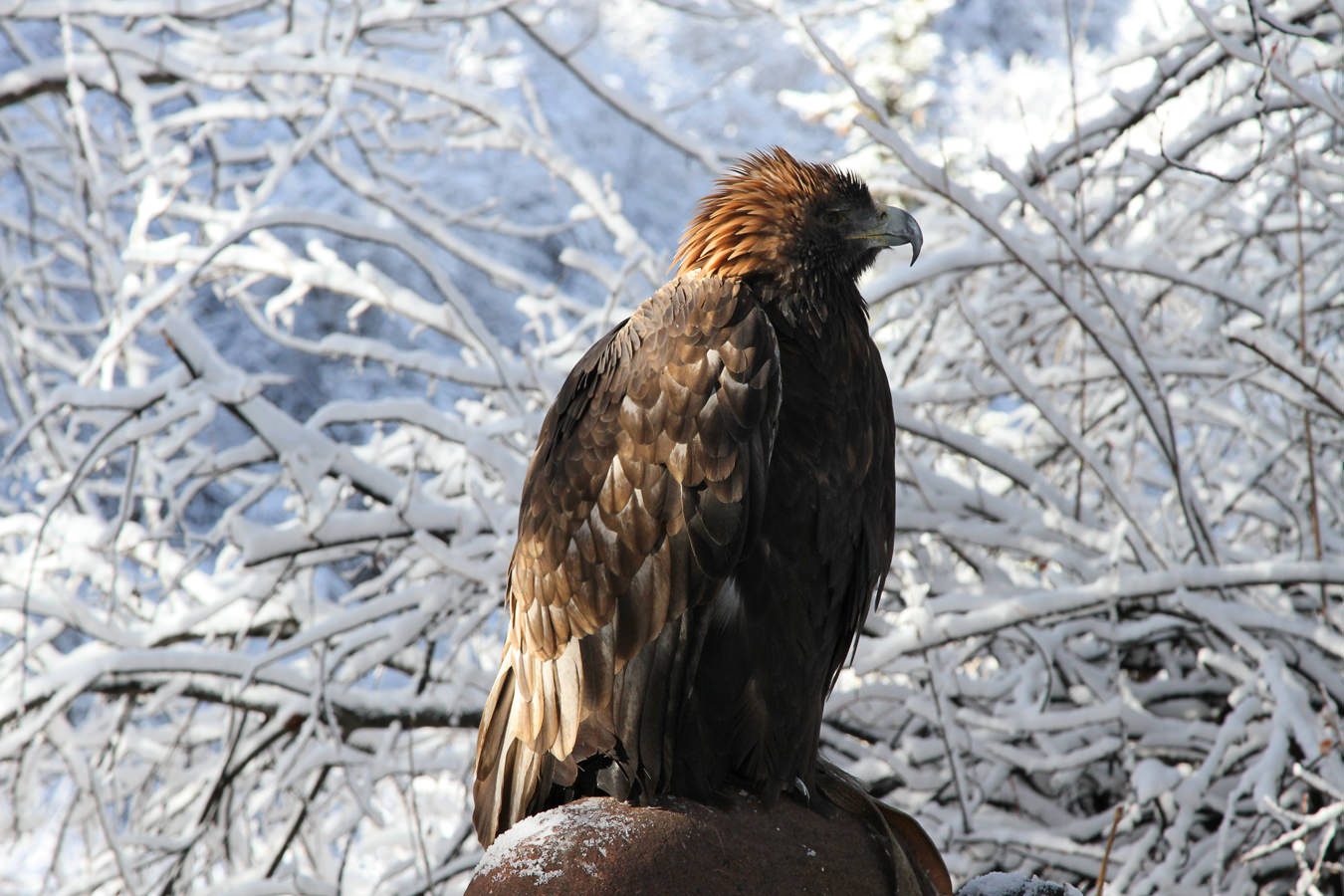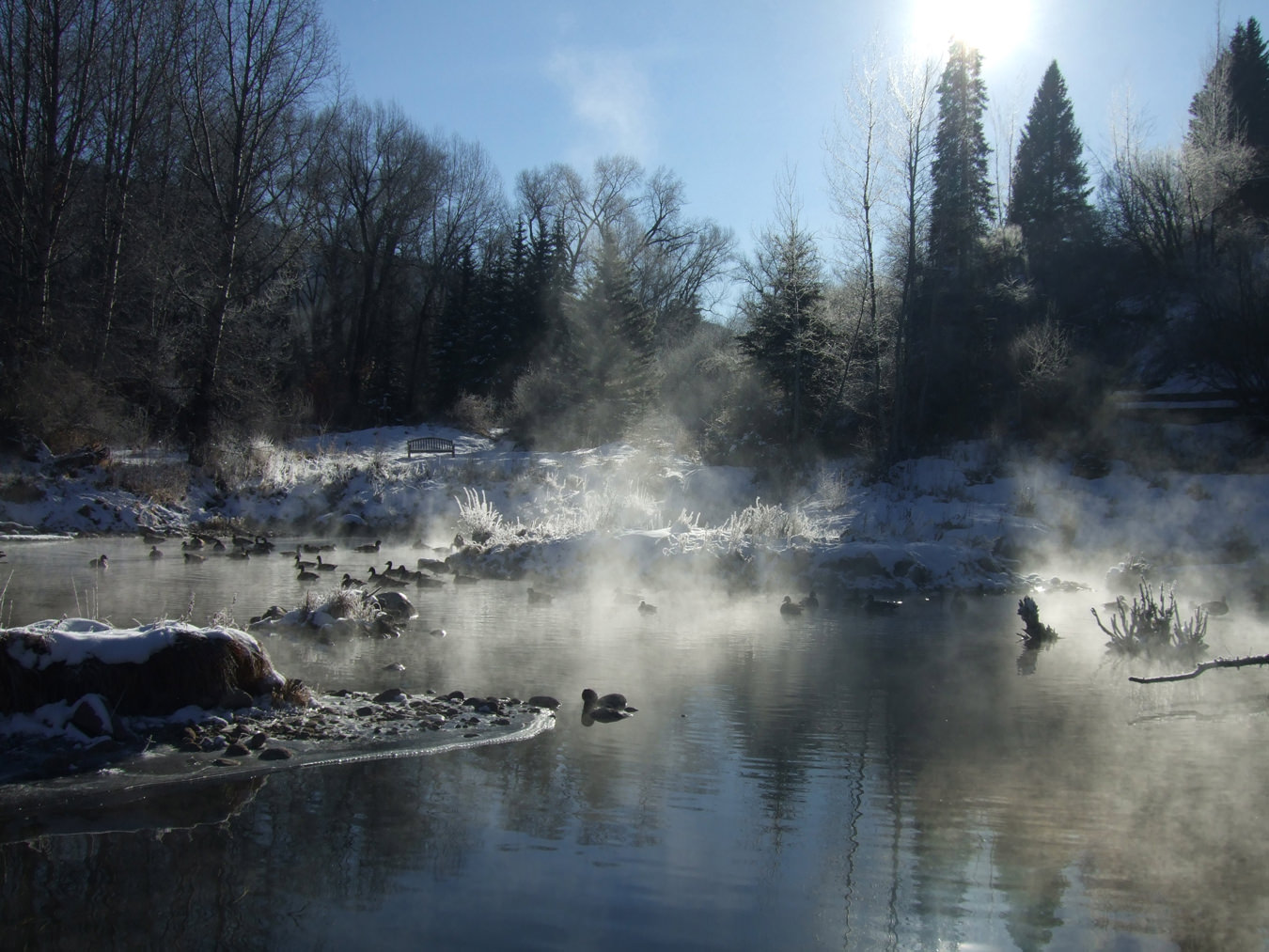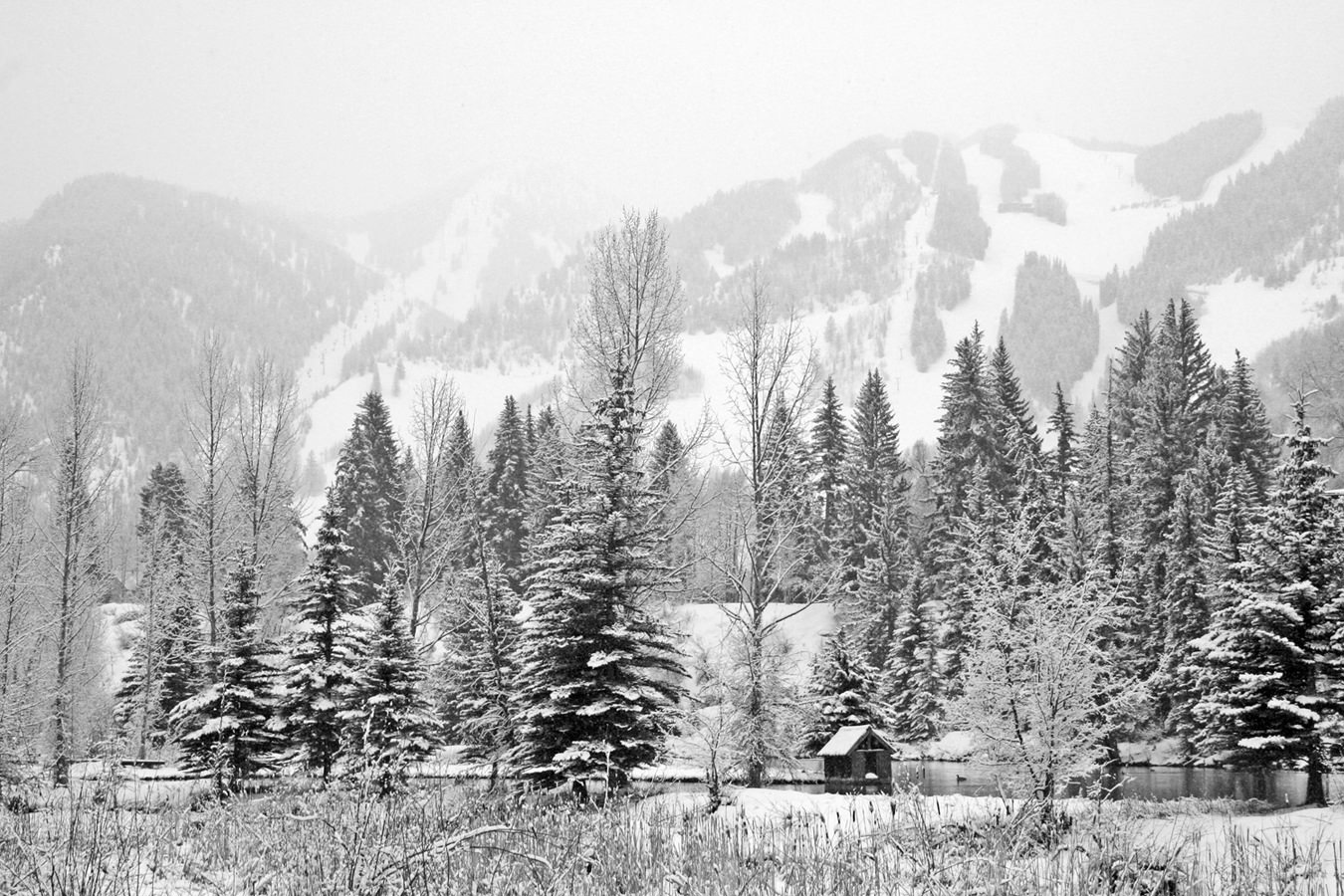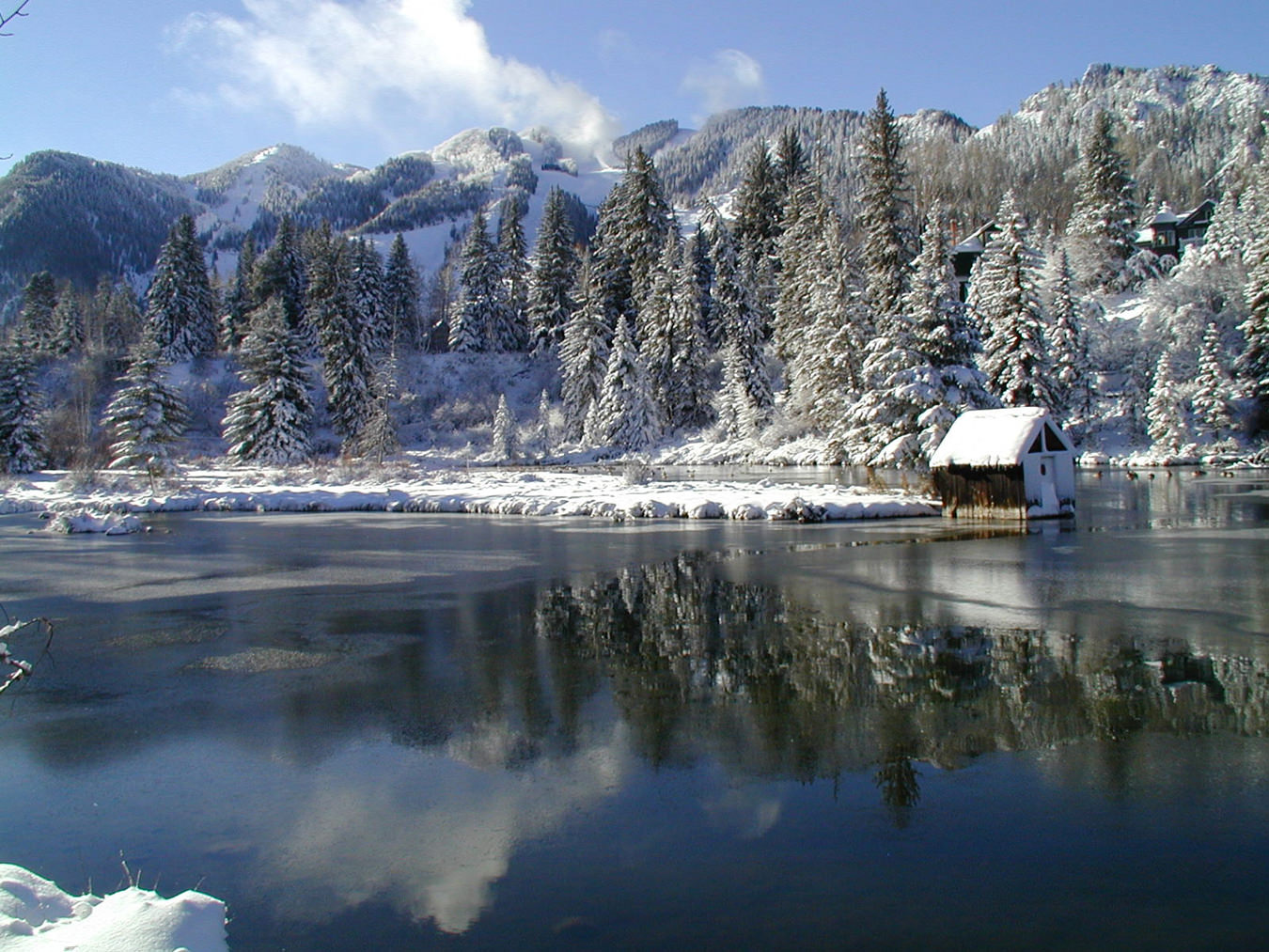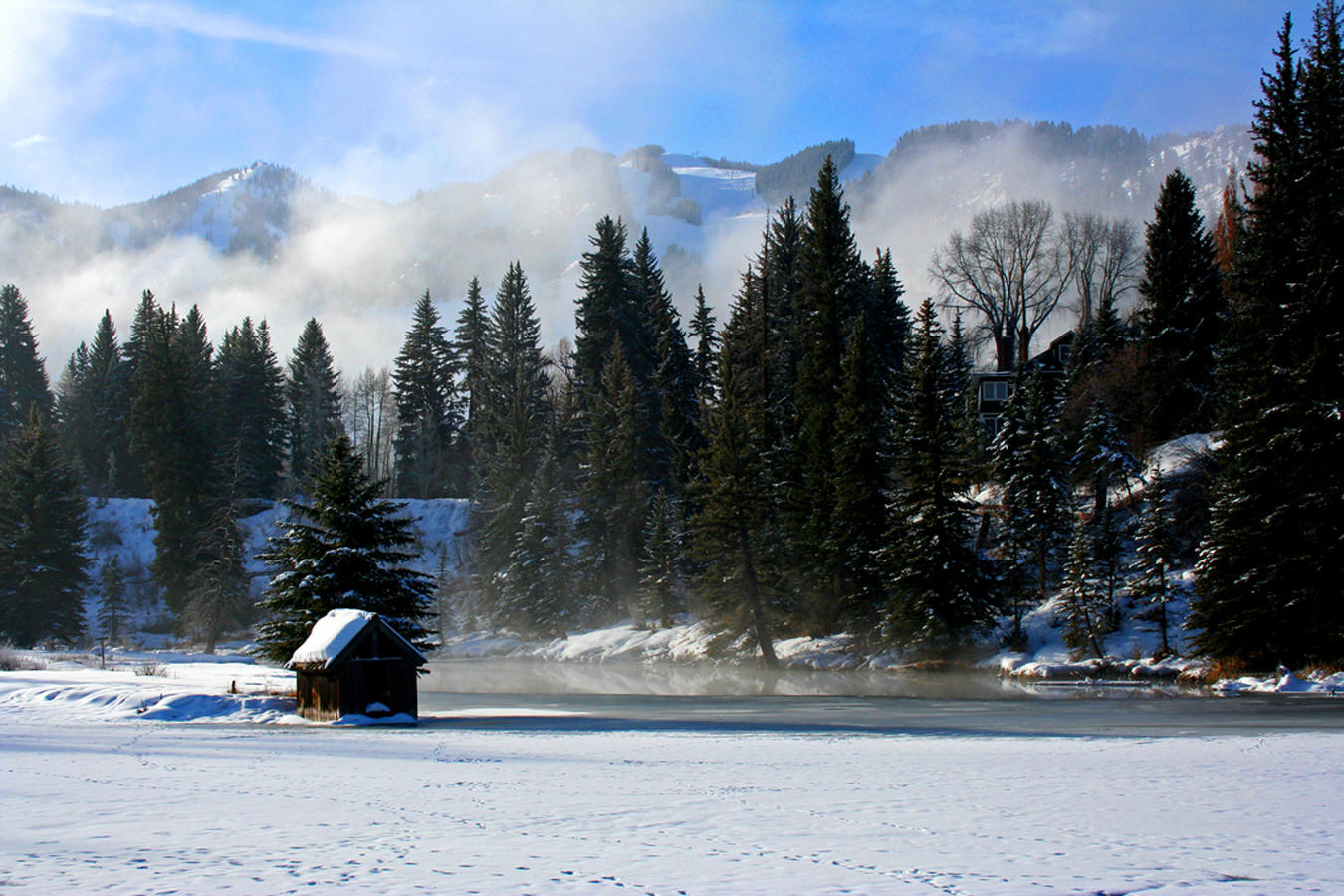It’s easy to write Aspen, Colorado off as the land of ski, snow, and surgery. Surrounded by four choice mountains that call loudly to powder hounds around the globe; brick streets decorated in a powdery trim; fur-swaddled visitors displaying refreshed faces—it seems the last place you’d find an environmental education facility dedicated to ecological literacy, forest health, ecosystem restoration, and sustainable agriculture. But the Aspen Center for Environmental Studies (ACES) is just that, and in the most dedicated way.
Founded in 1968, the non-profit now has four locations, and has been inspiring ecological responsibility by making educational contracts—more than 121,500 per year, in fact. ACES programs engage people through activities such as guided hikes, environmental science lessons that take place indoors and out, and community events and lectures. The group’s educational spectrum runs the gamut from forest health and ecosystem restoration to conservation and government partnerships.
On any given day, visitors to the Aspen area may be able to partake in snowshoe tours on Aspen or Snowmass mountains, snowshoe to Pine Creek Cookhouse on a half-day guided tour for lunch, or take off on a complimentary ski tour. On a recent trip to the Centennial State, ACES development director Christy Mahon was quick to make introductions between a small party of visitors and a majestic golden eagle. The bird is in the resident rehabilitation program at ACES at Hallam Lake, and will live out her life there, as she was permanently injured and cannot be re-released into the wild. This does not detract from her beauty; in fact, it’s satisfying to know she will be well cared for, and widely adored.
Hallam Lake is a nature preserve and visitor centre in the heart of downtown Aspen, although the city is hardly felt once you’re there. Leafy trees line the quiet lake, and pathways loop around the grounds. Lookout points and platforms offer stunning vistas, especially when everything is hushed by falling snow. Reeds poke up through the drift, and a wine and cheese pairing brought from home is the right accompaniment to a dusk gathering as the sun dips behind the brush. Closer to the main building, there are miniature habitats set up for more birds of prey in need of refuge: eagles, hawks, and owls timidly return glances from their wood perches. Binoculars are on hand to spot birdlife, foxes, coyotes, bears, deer, elk, beavers, and other creatures that pay a visit to the 25-acre property.
A sense of discovery is part and parcel to ACES’s success—the ACES Ed program alone provides 350 field programs and 120 after-school lessons for 45 regional schools—but it is the centre’s vast network of passionate naturalists that keeps its dream alive: crafting a better world through experiential environmental education.
Want more? Get the best stories delivered right to your inbox.

